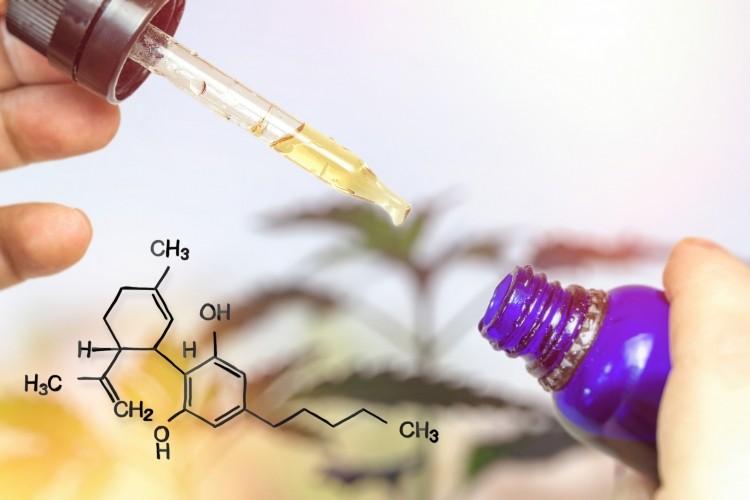Experts detail quality, safety concerns at CBD meeting

There has been a presumption within the CBD realm that the nascent industry’s products are safe. This is partly attributed to their origin in a botanical that has a long history of use. It has also been attributed to the fact that with probably millions of dosages administered thus far (no one can be sure of the true number), few serious adverse events seem to have surfaced
For federal regulators, however, solid data will be necessary to make decisions about what a new regulatory pathway for this botanical constituent might look like. Every brand in the business will tout the quality of their products, whether they make them themselves or use one of the many contract manufacturers, which seem to be cropping up almost weekly.
Poor record on product quality
But a presentation at the event on Friday by Bill Gurley, PhD, who is transitioning from a billet College of Pharmacy at the University Arkansas for Medical Sciences to a role as Professor and Chief Scientist at the National Center for Natural Products Research at the University of Mississippi, shows that for many of these brands that quality message is just so much hot air.
Gurley outlined a study his group had conducted into products that are actually on the market. Gurley noted that in past research on supplements he has found that many supplement products don’t meet label claim. This is especially true, he said, in the weight loss, sports performance and sexual enhancement categories.
Gurley’s team of researchers collected the data from the analysis of the contents of 25 products labeled as containing CBD to seem how much of the molecule was actually in there. They also checked on how much THC was in the product. The products were offered for sale in Mississippi. The results were sobering.
“In most instances product label claims misrepresented the actual CBD content within the product. The percentage of label claims ranged from indeterminate values (in other words there was no CBD label claim), to products that contained very little CBD to others that far exceeded the label claim. In one instance the CBD content was almost 23 times greater than the quantity claimed on the label,” Gurley told the FDA panel.
“In three instances, THC content exceeded 0.3% with one product containing 45% THC. An even more disconcerting finding was that one product was adulterated with a synthetic cannabinoid,” he added.
“Clearly, many ‘CBD products’ have little or no relation to the benefits of CBD itself, and pose a range of risks to consumers, from fraud to serious health dangers,” he concluded.
Hepatotoxicity called into question
Gurley’s colleague at Arkansas, Igor Koturbash, PhD, presented data from liver toxicity studies he has conducted on CBD. The studies confirmed what was found in the research done on the CBD drug Epidiolex has found, that there is a potential for liver injury.
In the studies Koturbash conducted used a mouse model to look for the level of hepatotoxicity for CBD. Gurley performed the dosage calculations for the model, which were back calculated from Epidiolex dosage.
At the CBD meeting Koturbash also presented evidence from the most recent trial which is in its final review phase for publication. IN that study his team found that at certain dosages CBD displayed an herb-drug interaction, in that is potentiated the livery damaging aspect of acetaminophen.
Poisoning concerns, but hope for future, too
Rick Kingston PharmD, Co-Founder & President, Regulatory and Scientific Affairs & Sr. Clinical Toxicologist SafetyCall International said some of the adverse events he has seen in the pet supplement space for CBD products echoes Gurley’s concern about product quality and consistency.
“Pet Poison Helpline has documented cannabis exposures in pets for over a decade, and more recently for CDB containing products where adverse effects reported after pet exposures to such products has often times resulted in clinical effects that are uncharacteristic for what we would expect for CBD such as significant ataxia, lethargy, vomiting and in some cases cardiovascular effects,” he said.
But Kingston, who is also Clinical Professor of Pharmacy in the College of Pharmacy, University of Minnesota, said his company has been managing adverse event reporting for best practice cannabis companies for a number of years. So while there is significant concern about the commitment to quality on the part of many of these companies, there is a solid base of best-practice players from which to build.

















